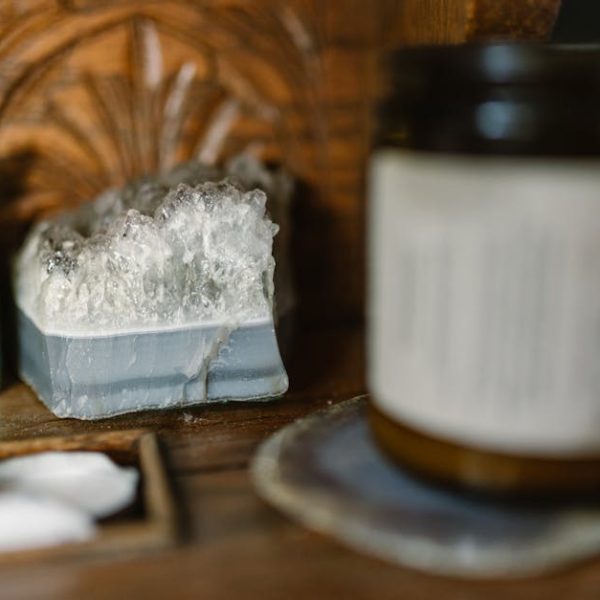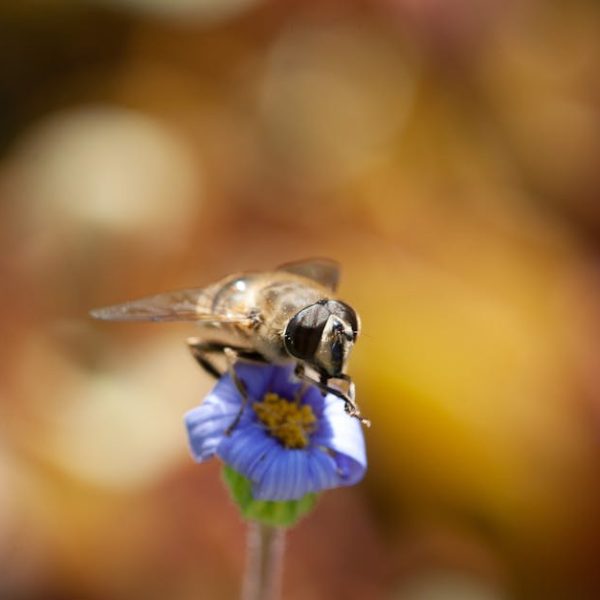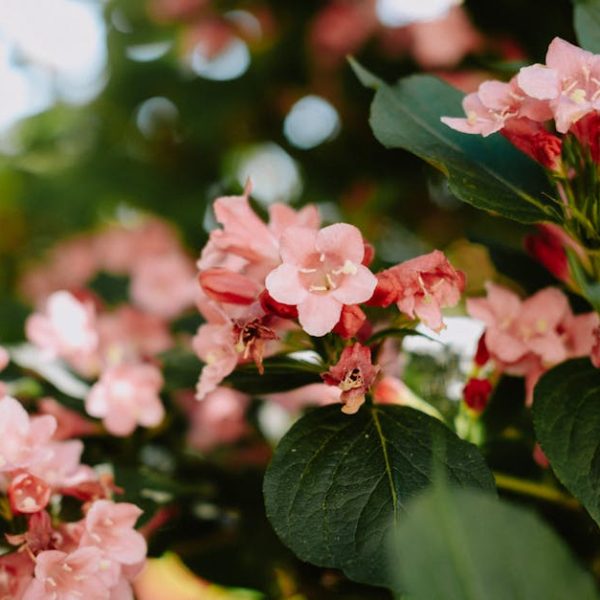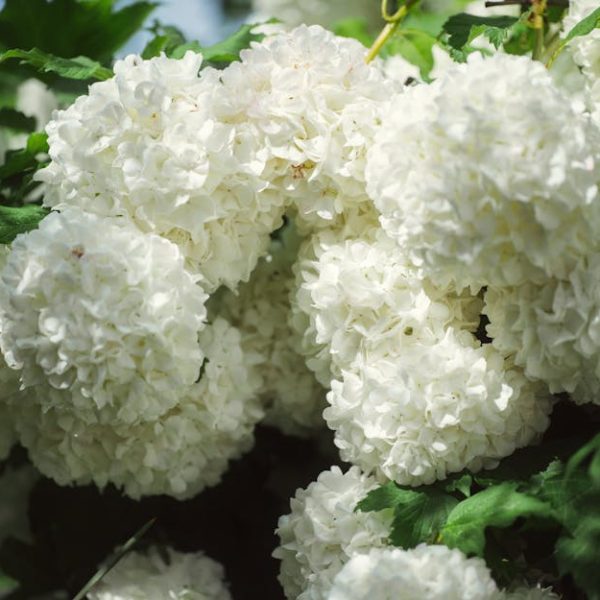Citrus trees, such as lemons, oranges, and limes, make a fantastic natural repellent against skunks. They serve two main purposes: they provide a deterrent against these striped intruders while simultaneously yielding a bountiful harvest of fresh and juicy fruits.
Skunks generally avoid any region with a strong citrus aroma because of their heightened sense of smell, which finds this fragrance overwhelming.
Additionally, citrus trees give your garden an aesthetic appeal with their vibrant fruits and evergreen leaves. They also provide a source of cool shade during hot summer days.
Growing a citrus tree requires strategic planning. They thrive best in well-drained soil with plenty of sunlight. Regular watering is crucial particularly during dry spells, but avoid flooding, as citrus trees loathe having wet feet.
Take note of these pro tips below:
– Regular pruning promotes growth and fruit production.
– Adding organic compost or citrus-specific fertilizer can enhance tree health.
– Bird netting may be necessary to safeguard your fruits from local wildlife.
Lavender: The Sweet-Scented Barrier against Skunks
Lavender is not just a favorite among gardeners for its picturesque purple spires or for its calming scent that has made it a staple in the aromatherapy world. The strong, sweet smell of lavender is an excellent deterrent for skunks who find it overpowering.
Moreover, lavender plants can enhance your overall garden health. Its flowers attract pollinators like bees and butterflies, thus ensuring your garden blooms.
Growing lavender, though a bit more complex than simply sticking seeds in the ground, can be rewarding. It prefers full sun and well-drained alkaline soil. Make sure the soil is slightly dry before watering again as lavender can’t stand excessive moisture.
Check out the pros and cons of using lavender as a skunk repellent:
| Pros | Cons |
|---|---|
| Attractive to pollinators | Requires specific growing conditions |
| Can be used in aromatherapy | Might appeal to some other pests |
Mint: A Refreshing Way to Keep Skunks at Bay
The potent aroma of mint is another excellent remedy to keep skunks at bay from your garden. This refreshing and hardy herb can also deter many other garden pests like rodents.
Besides, mint adds a dash of flavor to your meals, and some people believe its aroma has therapeutic benefits.
Growing mint is uncomplicated. It is adaptable and grows well in a wide range of climates, although it prefers slightly damp, well-drained soils. However, mint can be aggressive, so contain it in pots or boxes to prevent it from overrunning your garden.
Varieties like peppermint and spearmint are particularly effective against skunks.
Considering its myriad benefits as a culinary herb, a pest deterrent, and a medicinal plant, mint definitely deserves space in your garden. However, remember to keep its invasiveness under control.
Rosemary: An Herb That Skunks Avoid
Straight from your kitchen shelf to your garden, rosemary proves its worth beyond just adding flavor to meals. The robust aroma of rosemary can help deter skunks from invading your garden space.
Furthermore, they’re a joy to have in your garden due to their year-round green foliage and beautiful blue flowers that are attractive to bees and butterflies.
Planting and maintaining rosemary requires you to consider certain factors. It thrives in full sunlight and well-drained soil, needing only occasional watering.
Here are some pro tips to help you maximize your rosemary plant:
– Rosemary takes a little longer to germinate, so be patient.
– It doesn’t require high soil fertility, making it easier to grow.
– Harvest regularly to promote new growth but avoid over-pruning.
Marigold: The Colorful Skunk Repellent
Marigolds are renowned for their bright hues and strong scent, which can scare away skunks from your garden. The bold smell of Marigold is something that skunks find extremely unappealing.
Additionally, Marigold’s vibrant colors attract beneficial insects, like bees and butterflies, which help in pollination.
Planting these beautiful flowers isn’t very complicated. They need full sun and well-drained soil. Watering them once or twice a week should suffice, but avoid waterlogging as it can harm the plants.
Here’s a comparison between Marigold and other plants in terms of skunk deterring:
| Plant | Skunk Deterring Strength | Other Benefits |
| ————– | ————————– | ———————– |
|---|---|---|
| Marigold | High | Cheerful, pollinator |
| Citrus Trees | Medium | Juicy, edible fruits |
| Lavender | Low-Medium | Aromatic, therapeutic |
Crown Imperial Flowers: The Emperor of Skunk Repellents
Standing tall and vibrant in your garden, Crown Imperial flowers can easily live up to their name. The strong odor they emit is particularly unpleasant for the sensitive noses of skunks, making them a powerful deterrent.
Crown Imperial flowers also add an alluring charm to your garden with their dazzling colors and impressive heights.
Planting these flowers requires well-drained soil and full sun. They are quite low-maintenance and just need adequate watering and occasional fertilizer.
However, it is also important to note that their strong odor, while a turn-off to skunks, could also be noticeable to human noses, so consider their placement in your garden.
Onions and Garlic: Kitchen Staples as Skunk Repellents
Believe it or not, the pungent smell of onions and garlic that we often love in our food can serve as an effective skunk deterrent. Plus, growing these staples provides the added benefit of having a ready supply of flavor-enhancers for your culinary adventures.
Planting onions and garlic isn’t overly difficult. Both require well-draining soil and full sunlight. They should be watered regularly, but ensure the soil is not consistently damp or wet.
To sum up, these dual-purpose plants can be an incredible addition to your skunk-deterrent arsenal. However, keep in mind the strong odor they emit, which may not be palatable to some humans as well.
Key Takeaway:
- Citrus trees, lavender, mint, rosemary, marigold, Crown Imperial flowers, onions, and garlic are natural skunk repellents with additional benefits to the garden and its health.
- Generally, strong and overwhelming aromas deter skunks due to their heightened sense of smell.
- Several of these plants, aside from serving as skunk repellents, also attract beneficial insects and provide various health, aesthetic, or culinary benefits.
- Care and growth requirements vary from plant to plant, each having its unique preferences for sunlight, watering, soil type, etc.
It’s comforting to know that skunk repellents can look good and smell wonderful too! Keep your garden skunk-free by considering these plants, not just as barriers but also as beautiful additions to your green space. Remember, each has its unique requirements, so research, plan and nurture them to enjoy their fullest potential.
FAQs
Q: Are there risks involved in using plants as skunk repellents?
A: These plants are generally safe but ensure that they are appropriate for your other pets. Some may cause allergic reactions or have strong smells that might be unbearing to some humans.
Q: Is it okay to mix multiple plants in my skunk-repelling garden?
A: Absolutely! In fact, using a variety of these plants could enhance your garden’s aesthetic appeal and potentially increase its skunk repellent efficacy.
Q: Can I use these plants in conjunction with other skunk repellent methods?
A: Definitely. For the best results, it’s advisable to combine different deterrent strategies, including using these plants together with motion-activated sprinklers or commercial skunk repellents.
Q: In the event a skunk enters my garden, will these plants keep them from spraying?
A: While these plants can deter skunks, they won’t necessarily prevent a startled skunk from spraying. It’s important to make your garden unappealing to skunks to avoid encounters.
Q: Should I focus on only one type of plant as a deterrent?
A: Not necessarily. Different skunks may react differently to various smells, so a mix of these plants might work better at keeping them at bay.
Explore more enlightening topics on how to better manage your garden, share this great read with others, and do not hesitate to contact us with any questions!






